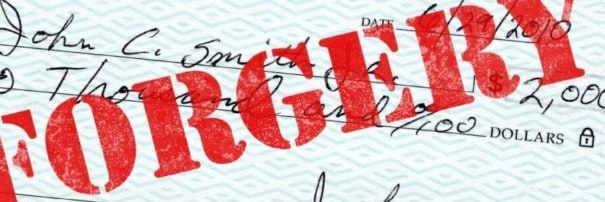Owning a property is a major investment, and possibly the largest one you are ever likely to make. So, you may be alarmed to hear that the dream of ownership can turn into the nightmare of fraud at the stroke of a pen. Here we will look at the classes of property fraud and what you can do to protect yourself and your assets.

What is property fraud?
So, what categories of property fraud do criminals exploit? Here is a quick list of the most common:
. Identity theft: This is the most common property fraud, with criminals stealing the personal details of homeowners to access the property title and transferring the title or taking out a mortgage.
. Fraudulent sales: Scammers forge documents to sell property and impersonate the owners.
. Unoccupied properties: Second homes and investment properties that are vacant are often targets for fraudsters. It is important to keep a check on such properties by visiting regularly.
. Forged documents: Documents such as counterfeit deeds may be used to convince buyers and conveyancers that the fraudster is the legal owner of the property.
What can you do to protect your property?
If you own a property, it could be a target for fraudsters, especially if you don’t live there. HM Land Registry has produced a leaflet on how you can help protect your property by dealing with HM Land Registry and making sure that they have your current contact address, and letting them know whenever it changes.
You should also register your title if it is not already registered. This helps to safeguard your property from fraud.
If the property in question is let, make sure you carry out regular checks on the tenants and the property. Prior to letting a property, either you or your letting agency should carry out identity checks on any tenant.

You can also enter a Form LL restriction. This appears in the property title register, limiting the owner’s ability to act on the property title. The disadvantage of this is that you will have to ensure that a professional conveyancer confirms your identity before you can sell, lease or remortgage the property. The advantage is that this may deter fraudsters. You will find plenty of information on this form online at sites such as https://www.parachutelaw.co.uk/form-ll-land-registry-restriction.
Remember, by working with HM Land Registry and your professional advisor you can protect your main asset.